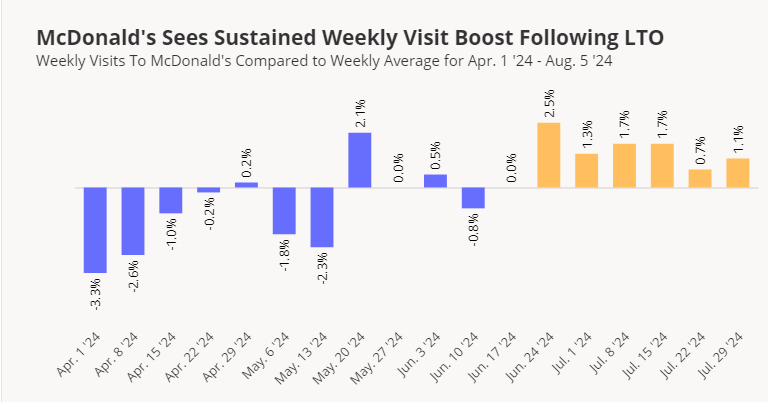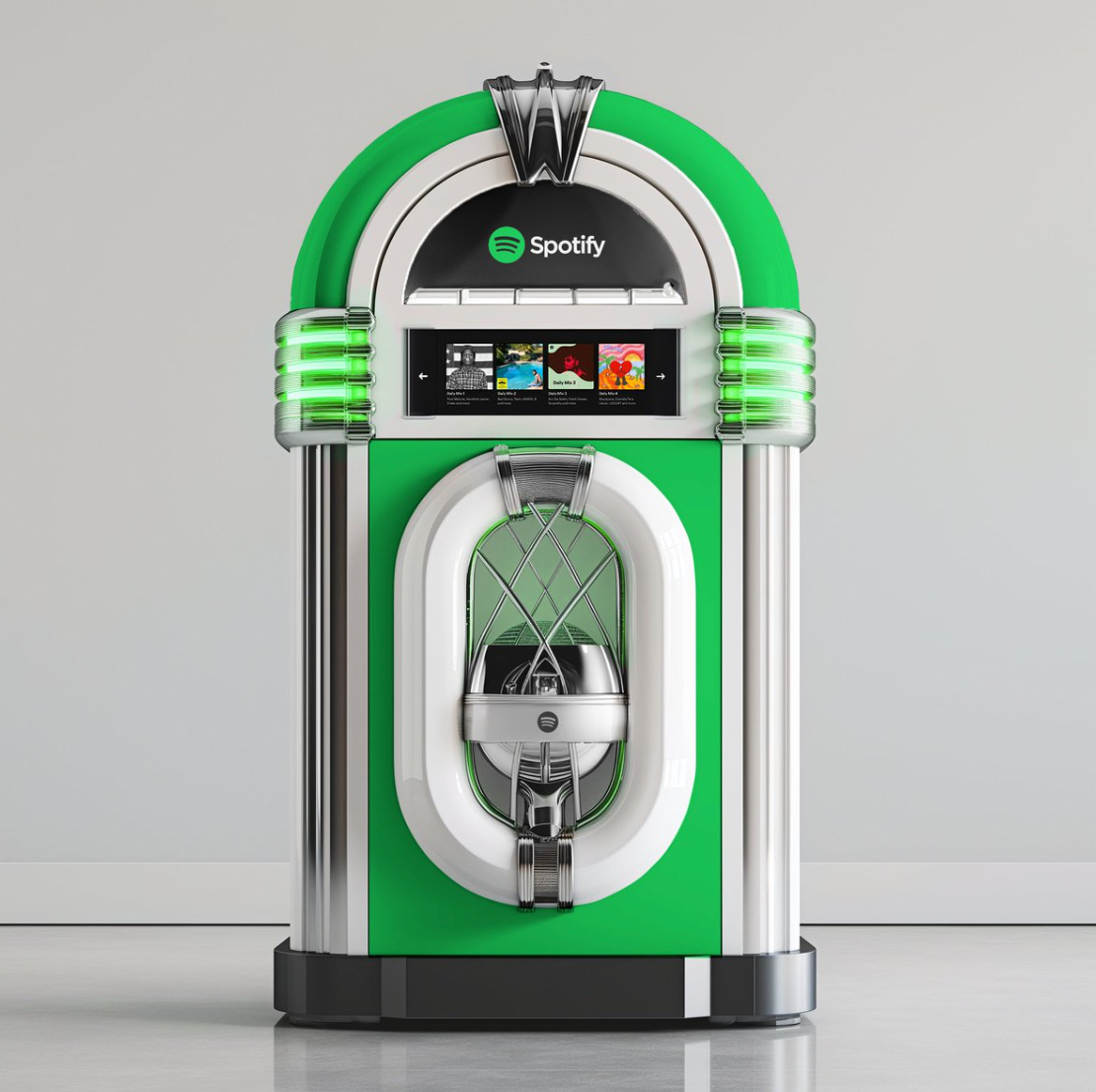
Making It Sparkle
Our new AI organizing tool, plus role prompting your LLM to better responses
Hello, and happy Sunday! ICYMI, we released a new tool called Sparkle, which organizes the files on your computer with AI. No longer is your desktop splattered with folders and screenshots, or your documents and downloaded files arranged in a haphazard list. Sparkle has organized more than 500,000 files since its release four days ago. More details on how to use it and how you can access it are just below the jump. Let us know how you’re using it in the comments.—Kate Lee
Was this newsletter forwarded to you? Sign up to get it in your inbox.
Knowledge base
"Introducing Sparkle" by Dan Shipper: Ever feel like your computer's file system is a digital landfill? That’s why we created Sparkle, an AI-powered Mac app that automatically organizes your Desktop, Downloads, and Documents folders. It's like Marie Kondo for your digital life, but without the existential crisis over seeing your old tax returns. Download Sparkle if you want to turn your digital chaos into zen-like order with just a few clicks. 🔏 Paid subscribers get unlimited access to Sparkle, along with our other apps, Spiral and Lex.
🔏 "AI Works Better When You Make It Pretend" by Michael Taylor/Also True for Humans: The ideal co-worker is someone to whom you can say, “Please stop sucking at your job,” and magically, their performance improves. The good news is that AI kind of works that way. Role prompting—asking ChatGPT to pretend it's an expert—can boost performance by up to 20 percent. Read this if you want to learn how to get AI to channel its inner Steve Jobs (or anyone else) for more creative, on-brand responses.
“Feasting at the Trough of AI Slop” by Evan Armstrong/Napkin Math: AI-generated content isn't just coming—it's already here, and it's more popular than you think. In Facebook memes and political ads, AI images are flooding our feeds, and they're getting indistinguishable from reality. But before you panic, remember: If people are engaging with this content, it's because they like it. Read this for a sobering look at how AI is reshaping media consumption and what it means for creators, platforms, and our own lizard brains.
🎧 "How to Be a Smarter Reader in the Age of AI" by Dan Shipper/Chain of Thought: If you’ve ever felt entranced by libraries and books—the smell of the paper, the excitement of the stories and knowledge contained within—this episode of AI & I is basically that feeling. Alex Wieckowski, the brain behind Alex & Books, shows us how to use ChatGPT as your own literary guide. Read this if you want to supercharge your reading habits, discover your next favorite author, or finally finish that doorstop novel collecting dust on your nightstand. Subscribers have access to the full transcript. 📹 Watch Dan’s video about how to use ChatGPT’s new Advanced Voice Mode feature to maximize your reading on X or YouTube.
"The Addiction Economy" by Evan Armstrong/Napkin Math: From TikTok to sports betting apps, consumer products across industries are becoming increasingly addictive—by design. Evan argues that as digital competition intensifies, addiction has become a key differentiator and competitive advantage. Read this if you want to understand why your apps are so hard to put down—and how to resist their addictive pull.
Fine tuning
Apple wants its pound of flesh from creators
When an app maker introduces a paywall into its iOS app, Apple wants 30 percent of what users pay to the app maker to unlock that paywall. Cool, normal, expected. Now, if you're a creator paywalling content on someone else’s app on Apple’s iOS, Apple also wants 30 percent. It is within the company’s legal rights to make this demand; indeed, it’s set its pricing paradigm under the assumption that no other platforms can exist underneath its own. However, more and more apps function as platforms within iOS’s ecosystem. Patreon is one example: Creators paywall content from their audiences within that app. For many years, iOS let companies like Patreon break the rules and didn’t charge them the 30 percent. That all changed last week. The result is that those creators—the people who are paying the platform that then pays Apple—lose 30 percent. For a $10 subscription made on iOS, Apple takes first $3, and then 8 percent from Patreon for its service; the creator ends up with $6.44 instead of the $9.20 previously.
Until the FTC brings forward a successful case against Apple, the company will keep exhibiting monopolistic tendencies. The bummer is that creators are, by and large, very small businesses. Punishing creators this way feels wrong. They’re small businesses! Let’s treat them as such.
Iranian election interference using ChatGPT
OpenAI shut down an Iranian effort to use ChatGPT to publish articles whose goal was U.S. election interference. This…is not that big of a deal. Good for OpenAI for doing this, but the Iranians can easily use Meta’s open-source models to do the same thing (and probably for cheaper). They were likely using ChatGPT for convenience more than anything else. The articles allegedly didn’t gain much traction on social media. As I argued this week, additional creation abilities aren’t all that meaningful in isolation—they have to be paired with distribution.
AI search continues to get more interesting.
Two startup fundraising rounds caught my eye this week. Garden, which raised $6.8 million in a round led by Spark Capital, uses LLMs to sift through the 1 million-plus patents filed every year to find common patterns. The new scientific search engine Consensus, which raised $11.5 million for round led by Union Square Ventures, has been very popular. From the announcement, “Since launching our search engine in the [w]inter of 2022, we’ve grown to over 400,000 monthly active users and $1.5 [million] in annualized revenue, growing the latter by over 600 [percent] in 2024.”
Search and synthesis—LLMs’ net new capabilities of reading and understanding a large corpus of data—continue to be the technology’s most exciting new primitives. I’ve already used both of these services in my personal life and recommend trying both out.—Evan Armstrong
Data mining
Addicted to value? McDonald’s re-introduction of the $5 value meal has been a smashing success:
Source: Placer.ai.Customer visits to McDonalds have been steadily increasing since the last week in June, which just so happens to coincide with the announcement of the $5 chicken-fries-drink combo meal. Apps may be optimizing for an addictive experience, but retailers know that there’s a tried-and-true way of persuading people to buy addictive things that are bad for them: Make ’em cheap. For about a year, consumers have been reacting to higher prices by taking a more cautious approach. Even McDonald’s got too expensive for the regular people that historically have been a big part of its customer base. Retailers have apparently gotten the message, though: Value and discounts will get even higher-income shoppers in the door.—Moses Sternstein
Alignment
Disrupting enlightenment. My X timeline is riddled with humble-bragging about hitting "Level 3" or experiencing "profound bliss.” Uh-oh—Silicon Valley has discovered jhanas. Derived from Buddhism, they’re defined as eight states of altered consciousness that produce strong feelings in the mind and body. The experience has been described as the “opposite of a panic attack.” You can enter these states through meditation, but traditionally, achieving jhanas was incredibly rare. Jhourney, a company cofounded by Stephen Zerfas and Alex Gruver, has stripped away the religious dogma and codified the enlightenment process with in-person and online retreats boasting a 60-70 percent success rate for achieving jhanas. This is cultural convergence at its finest: the East’s ancient wisdom being tapped by the West’s obsession with optimization and scale.—Ashwin Sharma
Sentiment analysis
Evan’s pieces about ambient software and chatbots for human companionship generated many comments:
“Feels like ‘least time spent in our software’ will be a new user metric for ambient SaaS.”—An AI consultant
“I appreciate you acknowledging that the rise in loneliness predates the bulk of tech that often gets the blame. I'm not implying absolute innocence, but the problem has deep roots.”—A corporate workplace design strategist
Want to chat? DM Dan or Evan on X.
Hallucination
What if Spotify brought back the jukebox?
Source: X/Lucas Crespo.That’s all for this week! Be sure to follow Every on X at @every and on LinkedIn.
Find Out What
Comes Next in Tech.
Start your free trial.
New ideas to help you build the future—in your inbox, every day. Trusted by over 75,000 readers.
SubscribeAlready have an account? Sign in
What's included?
-
Unlimited access to our daily essays by Dan Shipper, Evan Armstrong, and a roster of the best tech writers on the internet
-
Full access to an archive of hundreds of in-depth articles
-
-
Priority access and subscriber-only discounts to courses, events, and more
-
Ad-free experience
-
Access to our Discord community





Comments
Don't have an account? Sign up!
If you build a version of Sparkle that cleans up Google Drive, I will worship you.